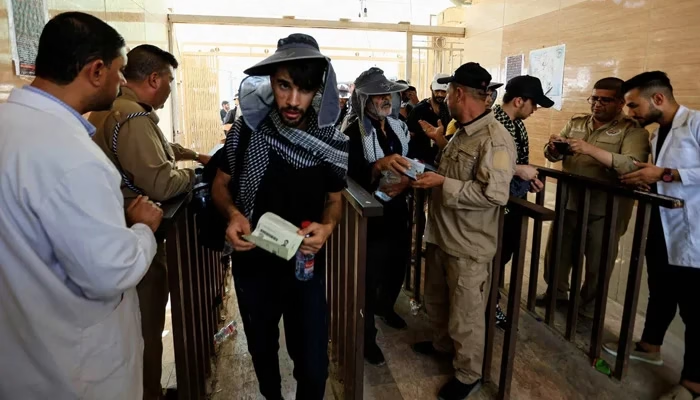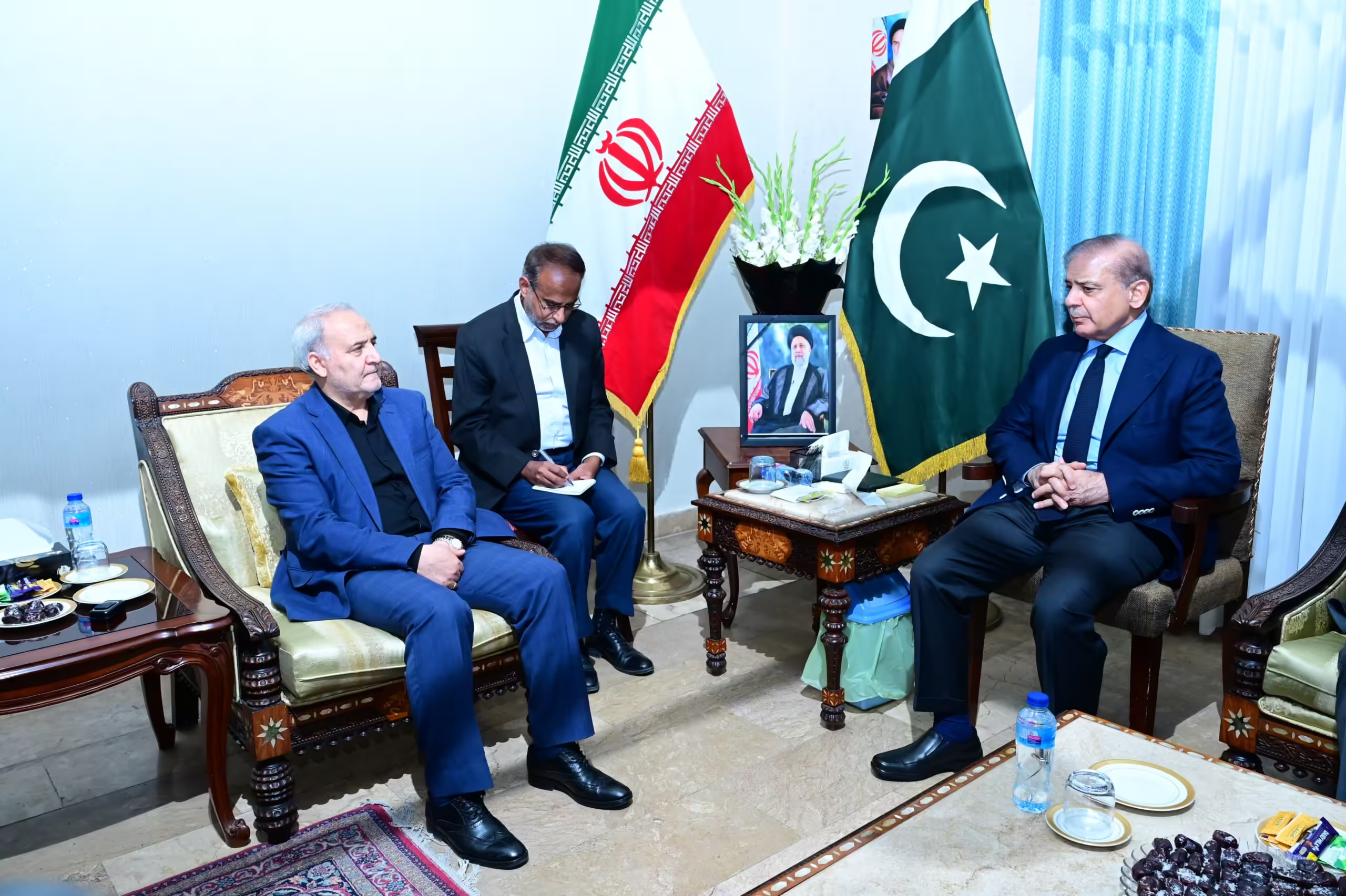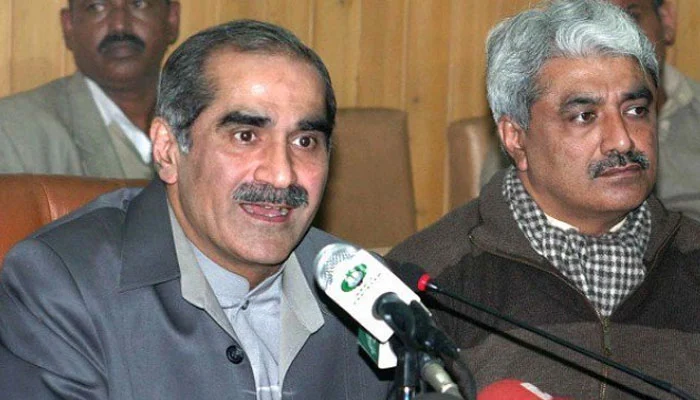In a landmark diplomatic initiative, the interior ministers of Pakistan, Iran, and Iraq convened in Tehran for a high-level trilateral conference focused on improving religious pilgrimage experiences across their borders. The meeting marks a significant step toward regional cooperation in ensuring safer, more organized, and seamless travel for millions of religious pilgrims journeying between the three nations, particularly during major events like Arbaeen.
The conference concluded with unanimous consensus on the implementation of wide-ranging measures to support pilgrims visiting sacred sites in Iran and Iraq. Among the most notable outcomes was the decision to establish a joint working group tasked with overseeing all operational and coordination matters related to pilgrimage facilitation. This body will be instrumental in streamlining logistics, enhancing safety, and ensuring smooth border transitions during peak religious seasons.
Key Announcements by Pakistan
Pakistan’s Interior Minister Mohsin Naqvi, representing the delegation, expressed deep gratitude to Iranian Interior Minister Eskandar Momeni for organizing the summit, which was held at Pakistan’s request. Naqvi underscored the spiritual and national importance of pilgrimages and reiterated Pakistan’s commitment to improving the overall experience for its citizens traveling for religious purposes.
In a major policy announcement, Naqvi revealed a regulatory overhaul scheduled to take effect from January 1, 2026. Under this new policy, individual pilgrimage travel to Iraq will no longer be permitted for Pakistani citizens. Instead, all pilgrims must travel through registered group organizers, who will not only arrange the journey but will also be held accountable for the safe return of every individual.
Exceptions to this rule will be limited strictly to those holding special visas issued by the Iraqi Embassy. Naqvi explained that the shift to a group-based travel framework is intended to curb illegal entries, prevent extended unauthorized stays, and ensure the safety and discipline of the pilgrimage process. Both Iraq and Iran have endorsed this framework, viewing it as a significant step toward better coordination and control.
Praise for Iraq and Iran’s Pilgrimage Management
Minister Naqvi commended the governments of Iran and Iraq for their exemplary handling of millions of pilgrims annually. He lauded their dedication to ensuring smooth crowd management, efficient border control, and unwavering commitment to serving religious visitors from across the region.
He also reiterated Pakistan’s full cooperation in all matters related to pilgrimage facilitation, security, and administration. The trilateral collaboration, he noted, is a reflection of the countries’ shared religious and cultural ties and a commitment to peace, unity, and mutual respect.
A Message of Solidarity with Iran
In a gesture of regional solidarity, Minister Naqvi extended warm congratulations to Iran on its recent military victory, praising the leadership of Supreme Leader Ayatollah Ali Khamenei. He reaffirmed Pakistan’s unwavering support for Iran during the conflict, highlighting that Pakistan strongly condemned the attack on Iran and stood firmly by Tehran’s right to self-defence.
High-Level Representation
The conference saw participation from several prominent dignitaries, including:
- Ali Akbar Pourjamshidian, Iranian Deputy Interior Minister
- Nader Yar Ahmadi, Senior Advisor to the Iranian government
- Amiri Moghaddam, Iran’s Ambassador to Pakistan
- Muhammad Mudassir Tipu, Pakistan’s Ambassador to Iran
- Khurram Agha, Pakistan’s Interior Secretary
- Senior representatives from Iraq’s Ministry of Interior
The gathering not only addressed logistical concerns but also fostered stronger diplomatic relations between the three countries. The historic trilateral agreement is expected to lay the foundation for future collaboration in religious, security, and cultural domains.
As millions of pilgrims prepare for the upcoming Arbaeen and other holy events, this enhanced regional cooperation promises safer, more organized, and spiritually fulfilling journeys. The joint working group, once operational, will begin immediate preparations to ensure all measures are in place well before the 2026 deadline.
This trilateral summit signals a new era of unity, structured facilitation, and shared responsibility in managing one of the region’s most significant religious activities.



